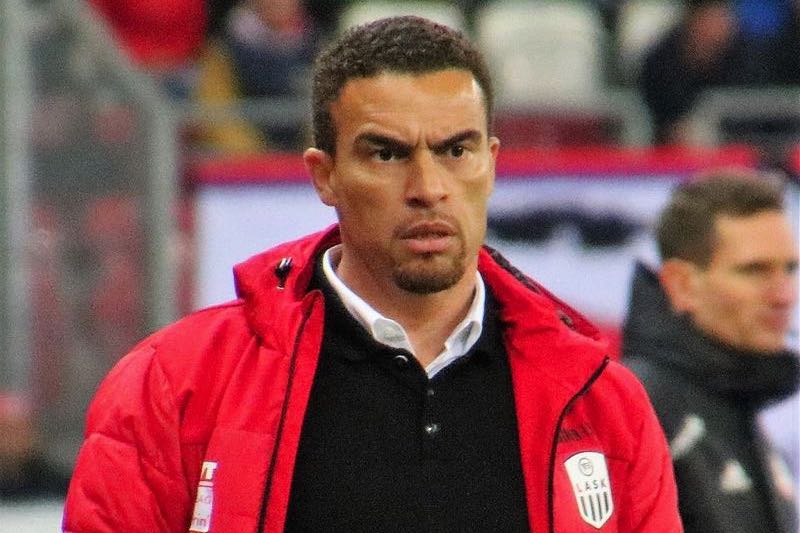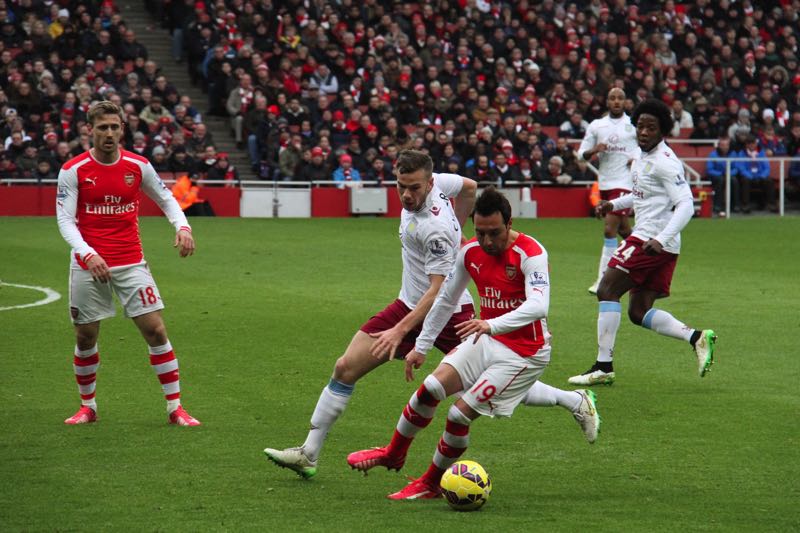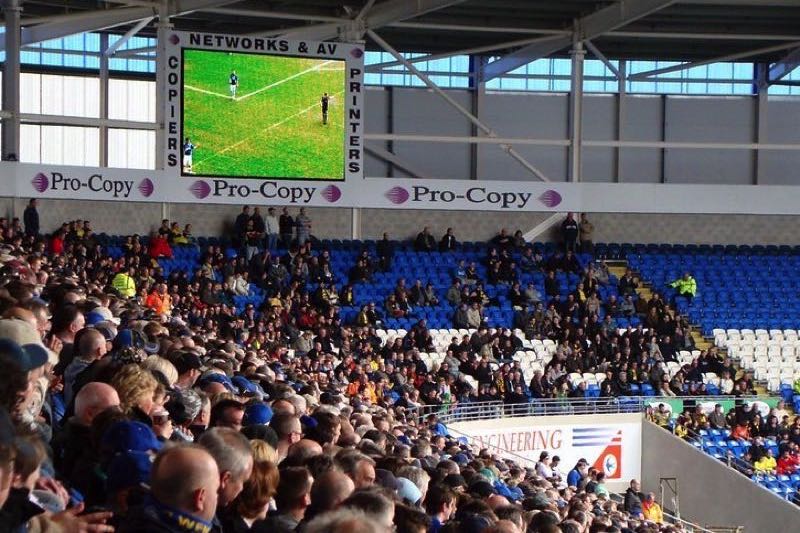It’s fair to suggest that most Watford fans began the 2023/24 season without too much real expectation of their side taking the Championship by storm. Yet another new manager came in during the summer with Valérien Ismaël becoming the club’s 10th boss in barely three years! Few truly expected Ismaël to succeed where the likes of Rob Edwards, Slaven Bilić and Chris Wilder had failed. But few fans or pundits predicted the Hornets would finish in their lowest league position for a decade. So, what went wrong in Watford’s latest underwhelming campaign?
Wholesale Personnel Changes Led to Instability
Watford had banked on bouncing back to the Premier League at the first attempt after their relegation from the top flight at the end of the 2021/22 campaign. That hope didn’t materialise, however, and the club could only manage an 11th-place finish in the second tier in 2022/23, with Edwards, Bilić and Wilder all having a pop at pushing Watford towards at least the play-offs during the course of the season.
In the close season ahead of the start of the 2023/24 campaign, Watford had something of a fire sale as they sold or released almost 30 players from their books. That included the sale of their two top scorers from the previous season: João Pedro (to Brighton) and Ismaïla Sarr (to Marseille). That neither sat well with the fans nor set the team up to make a realistic challenge for promotion.
Of course, they brought plenty of players in, the biggest success of whom has been Danish striker, Mileta Rajović, who at least made it to double figures in terms of league goals during the season. On balance, though, the players acquired were not quite as good (or effective) as those the club let go. And that, in no small part, has clearly contributed to Watford’s inability to make an impact on what is one of the toughest divisions in football.
Ineffectual Managers

Harsh as it might seem, it was always unlike the appointment of Valérien Ismaël was going to propel Watford back towards the Premier League, or indeed the play-offs. Perhaps the fact he led a relatively poor Barnsley side to the play-offs in 2020/21 convinced the Watford owners that he could do a similar job at Watford. His poor showing in his subsequent jobs at West Brom and Beşiktaş should have rung alarm bells, however.
Ismaël has had some impressively high win percentages in some of his previous jobs but his best win rates occurred when in charge of the Wolfsburg reserves. His inability to stay in a post for long – for whatever reason – should also have perhaps raised questions (although, to be fair, Watford rarely appear to seek managers for the long term!). It was no surprise – given Watford’s trigger-happy stance, that after a poor run of form during February and March 2024, the former Wolfsburg man was given his marching orders.
In came former Watford (and Man United and Everton) player, Tom Cleverley for his first taste of management. Things got off to a brilliant start as he led the Hornets to victory in his first league game in charge, a 1-0 away triumph at Birmingham. Unfortunately, at the time of writing, that’s been Cleverley’s only league victory. With three 0-0s and 2-2s, Cleverley’s Watford became something of a draw specialist as the club limped towards the end of the campaign to finish in the bottom half of the Championship for the first time since 2013/14.
Where Did It Go Wrong on the Pitch?
In simple terms, Watford didn’t score enough goals to challenge for promotion. Of course, had their defence been tighter, they could have got away with falling 20+ goals short of the likes of Norwich, Southampton and Leeds, and 30+ short of Leicester and Ipswich. But six 0-0 stalemates over the course of the league season suggests there were certainly opportunities to have picked up plenty more victories had their frontline been sharper. Add to that the many games they lost by a single-goal margin, and perhaps the board regretted selling Pedro and Sarr after all.
Ultimately, Watford’s season fell apart before it really began as the side suffered five defeats from their opening 10 league matches. They were always playing catch-up from that point onwards, and then their appalling form in February and March (which saw them lose eight league games from nine at one point) really put the nail in the coffin for any lingering promotion hopes.
How Could Watford Turn Things Around in 2024/25?

Without wanting to pee on the embers of an already dying fire, it could prove a mammoth task to get Watford into a position to challenge for promotion next season. Years of instability – brought about in no small part by the regular managerial changes – have left Watford rather rudderless.
Whether Cleverley might be the man to be given a decent amount of time to build an effective squad remains to be seen, but looking at the last few years, it would be no surprise at all if he were to be shown the door before the start of the next season.
In terms of attracting quality players to the club, there are perhaps not so many who would want to join a squad that is likely to see two or more managers within the forthcoming campaign: such a situation hardly instils a sense of job security for the playing staff. And of course, any manager worth their salt is unlikely to want to come to the club, unless they have a good agent who negotiates a hefty payoff when they are (almost inevtibly) given the boot.
Ultimately Watford’s chances of getting back to the Premier League anytime soon might require something of a cultural shift at the club, away from the short-term managerial fixes and towards some kind of medium-term stability. If Cleverley is given the vote of confidence – and some cash to back it up, he might just get the club moving in the right direction.





